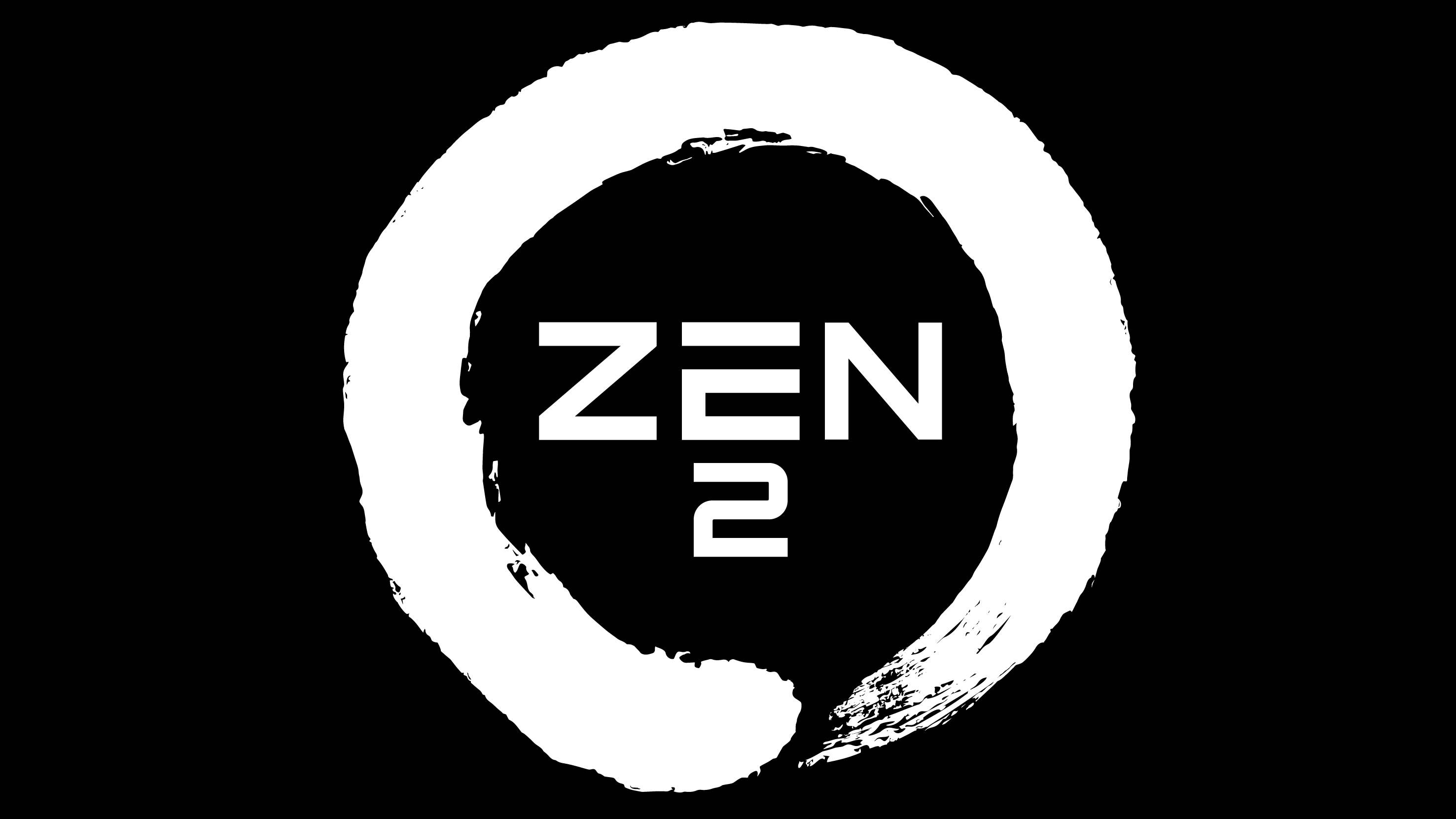Opinion: Across all sorts of tech forums, and particularly in TechSpot's comment section, I've noticed a trend. Everyone loves to quote a 10-20% IPC (instructions per clock) boost for Zen 2, and, while I'm not ruling that out, I think it's much less likely than what many people believe. That range has only come about because of a series of misunderstandings, errors, and easily refutable leaks, so I'm going to try to set the record straight.
Rumors kicked off six months ago when an Italian computer company with a 32-core Epyc sample told Bits and Chips that Zen 2 offered a 13% IPC performance boost in scientific tasks. For starters, scientific tasks benchmark wildly differently to games - AMD already beats Intel in scientific and productivity IPC, while falling ~3% behind in games clock for clock.
More importantly, using a 32-core server processor as a metric for an 8-core consumer processor is fraught with error. The server chip uses four 8-core CCX dies, meaning it incurs a latency penalty for communication between them. It deals with this penalty by incorporating a superior memory controller to facilitate the infinity fabric that is vastly different from what happens on consumer chips - just look at the 2990WX bandwidth debacle. Likewise, workloads for the server processor are much more optimized, it uses much more RAM, has a drastically larger cache and more PCIe lanes and many other things that may have impacted whatever workloads it was tested on.
Zen+ -> Zen2: +13% IPC (Average) in scientific tasks. Not bad.
--- Bits And Chips - Eng (@BitsAndChipsEng) October 16, 2018
P.S. No gaming data, atm.
Confusion escalated earlier this year when Apisak spotted a 12-core AMD processor denoted as Ryzen in the Userbenchmark database. It provoked an enthralling debate on Reddit, out of which spurned some misinformed calculations that also spread to several tech news sites at the time. Comparing a 2700X's single-core floating precision performance to that of the 12-core, Reddit found an 18% improvement, Tom's Hardware found a 13% improvement and others somewhere in between.
Because the 12-core ran at an average clock speed of 3.6 GHz, and because very few 2700X's have done the benchmark at 3.6 GHz, a common mistake was to use a faster 2700X. For example, one site used a 4.1 GHz 2700X and noted that it got the same score as the 12-core, implying that the IPC increase made up for a 500 MHz clock decrease. This is incorrect as the benchmark score actually stops improving after 3.8 GHz, leading to a false reading. Another site used a very underperforming 2700X.
To find a more accurate measure, I found five 2700X benchmark runs online that fitted the following criteria: an average speed of 3.6 GHz during the test, RAM speeds between 2133 MHz and 3200 MHz (consumer range), and a non-benchmark CPU utilization of less than 10%. The 12-core outperformed these five benchmark runs by an average of 5.2%, a much more realistic number.
Rumors started up again just last week, owing to an article claiming that "Ryzen 3000 CPUs allegedly feature 15% better IPC," based on information found on Chinese social media. Unfortunately, the original source is unclear if the 15% improvement is regarding IPC or overall performance. While I believe it means the latter, look and decide for yourself.
There might be a lot of sources placing Zen 2's IPC boost in the 10-20% range, but they're simply not reliable enough to be used as indicators. The only thing we can really extrapolate on is the fact that Zen 2 processors with eight or fewer cores will not incur the latency penalty associated with the multiple CCX die configuration used in Zen.
I believe that a 10-20% increase is possible, but only as likely as 5-10%.
